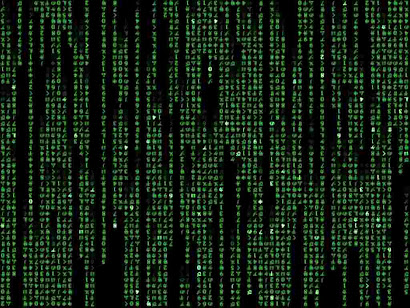The answer, as lawyers like to say, is complicated. And, for that complicated answer, there is no one better qualified than Jennifer Granick, the Stanford Law School professor who obtained the DMCA exemption in 2006 for cell phone unlocking.
Rather than give the full exposition, I'll just encourage you to read her recent explanation at WIRED.
The iPhone's fantastic user interface is inspiring another consumer-electronics revolution: making people care about cell-phone unlocking. After my clients' long, successful battle before the U.S. Copyright Office to exempt phone unlocking from the anti-circumvention provisions of the Digital Millennium Copyright Act, have iPhone customers won the freedom to tinker with their cool new handsets? The answer, unfortunately, is that we still don't know.
One suggestion, however -- if you are going to be unlocking your iPhone, don't activate it using the usual iTunes process, lest you "agree" to the 21,000 words worth of contracts that await you there. Fortunately, there are plenty of other ways to activate an iPhone out of the box, which shouldn't involve clicking "I agree" to anything.
Saturday, July 25, 2009



